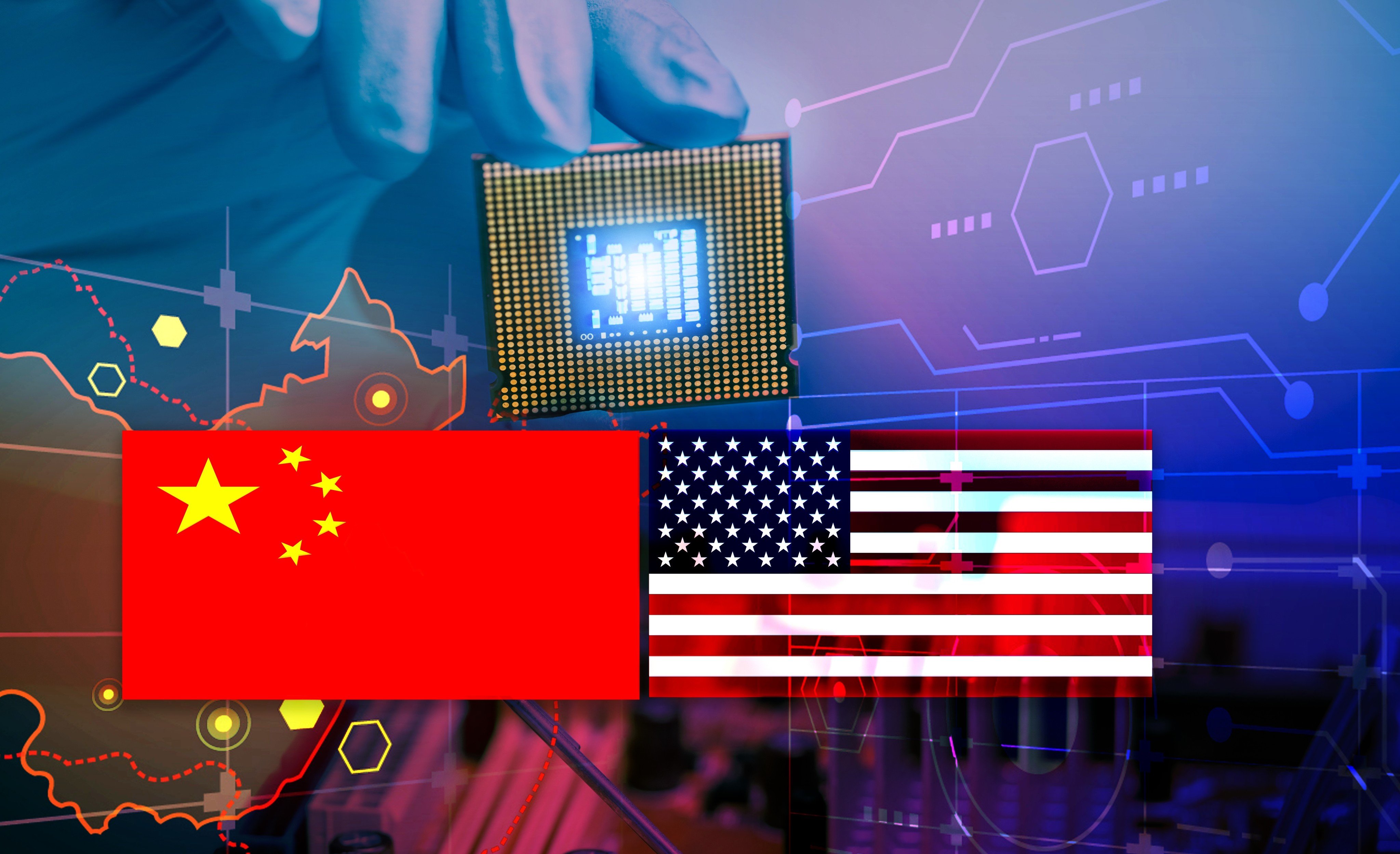
In accordance with the nation’s new export regulations, the United States on Thursday forbade 36 Chinese enterprises from importing components from the United States. Yangtze Memory Technologies and Shanghai Micro Electronics Equipment, two of China’s largest chipmakers, are also among the Chinese businesses that have been banned. In a dramatic crackdown on China’s chip industry, 19 additional “major” Chinese businesses in the artificial intelligence chip sector are listed on the US trade blacklist.
The US followed the exact procedure it had adopted when it banned telecom giant Huawei in May 2019 by adding these 36 China-based companies to the Entity List of its Department of Commerce.
According to the US Department of Commerce, 21 of the 36 newly listed companies are working on artificial intelligence technology projects for China’s military. While seven “have demonstrable direct ties” to the development of hypersonic planes, hypersonic weapons, and ballistic missiles, as well as the damage inflicted by weapons in software models.
What does inclusion on the US Entity List imply?
For the corporations listed to the US Department of Commerce’s Entity List, this means that US companies can no longer sell to them without a permit. These permits become harder to get, rendering the enterprise unviable.
Why did the United States impose a ban on Chinese firms?
This is one among a number of actions that the US politicians have been adopting amid ‘increasing national security concerns’.
Alan Estevez, the undersecretary of commerce for industry and security who spearheaded the campaign on the new export rules, said in a statement that the new rules build on the guidelines imposed on Oct. 7 that simply prohibited the sale of high-tech chip technology to Chinese firms.
“Today we are building on the actions we took in October to protect U.S. national security by severely restricting (China’s) ability to leverage artificial intelligence, advanced computing, and other powerful, commercially available technologies for military modernization and human rights abuses,” Estevez said.
